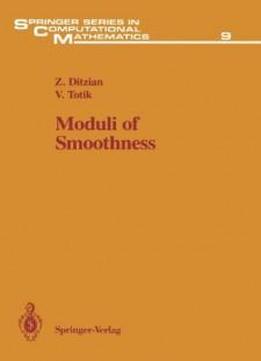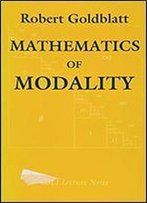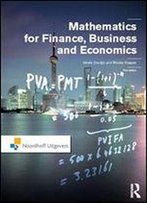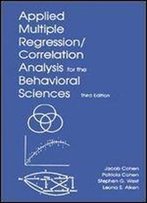
Moduli Of Smoothness (springer Series In Computational Mathematics) (v. 9)
by Z. Ditzian /
1987 / English / PDF
6.1 MB Download
The book introduces a new way of measuring smoothness. The need for
this new concept arises from the failure of the classical moduli of
smoothness to solve some basic problems, such as characterizing the
behaviour of best polynomial approximation in Lp -1,1 . The new
modulus, which has a simple form, can also be described as a Peetre
K functional between an Lp space and a weighted Sobolev space.
Connections between interpolation of spaces and approximation
theory are utilized in applying the modulus of smoothness. The
applications include best (weighted) polynomial approximation on a
finite interval, characterization of the rate of approximation
given by classical operator processes such as Bernstein,
Kantorovich, Szasz-Mirakjan, and Post-Widder operators, Freud-type
weighted polynomial approximation on infinite intervals with
exponentially decreasing weights and polynomial approximation in
several variables. Special emphasis is placed on the computability
aspect of the moduli. The results are new, and complete proofs are
given. It is hoped that the book will be of interest and useful for
mathematicians working in approximation theory, interpolation of
spaces, numerical analysis and real analysis.
The book introduces a new way of measuring smoothness. The need for
this new concept arises from the failure of the classical moduli of
smoothness to solve some basic problems, such as characterizing the
behaviour of best polynomial approximation in Lp -1,1 . The new
modulus, which has a simple form, can also be described as a Peetre
K functional between an Lp space and a weighted Sobolev space.
Connections between interpolation of spaces and approximation
theory are utilized in applying the modulus of smoothness. The
applications include best (weighted) polynomial approximation on a
finite interval, characterization of the rate of approximation
given by classical operator processes such as Bernstein,
Kantorovich, Szasz-Mirakjan, and Post-Widder operators, Freud-type
weighted polynomial approximation on infinite intervals with
exponentially decreasing weights and polynomial approximation in
several variables. Special emphasis is placed on the computability
aspect of the moduli. The results are new, and complete proofs are
given. It is hoped that the book will be of interest and useful for
mathematicians working in approximation theory, interpolation of
spaces, numerical analysis and real analysis.











